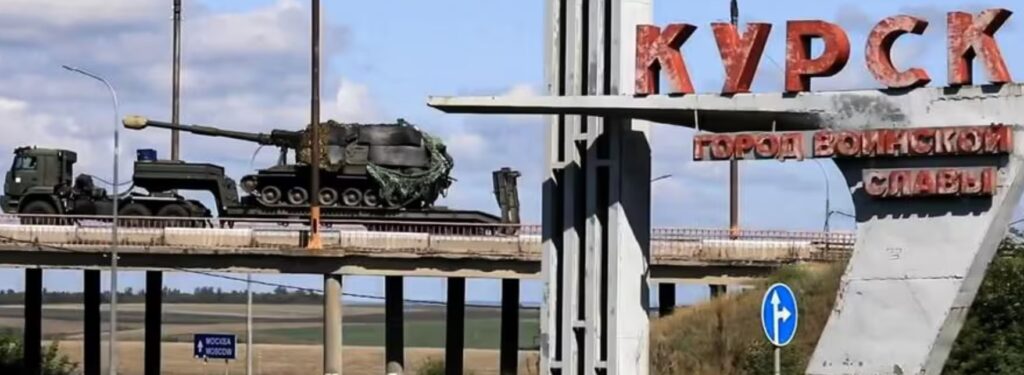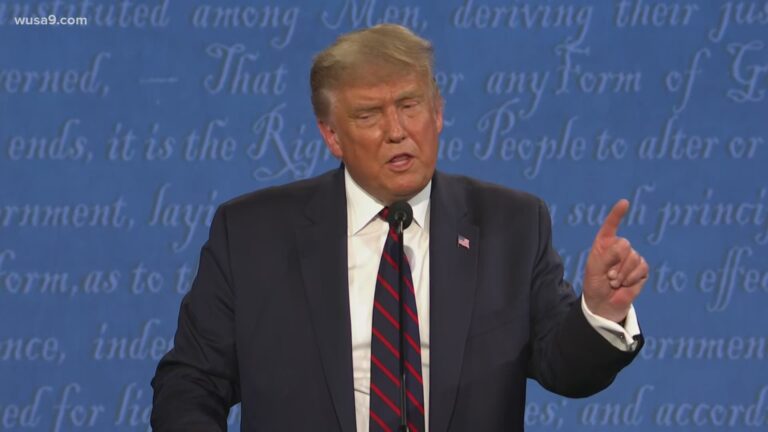
STRATEGIC ASSESSMENT. As Kyiv’s incursion into Russia’s Kursk region continues for a third week, civilians on the ground are voicing growing anger toward Ukraine, fellow Russians and their own government, which they feel has abandoned them and tried to downplay the incursion.
Kursk region residents who spoke to The Moscow Times expressed frustration with what they see as government inaction and fears about the war now at their doorstep.
Their names have been changed for security reasons.
“People are of no concern to anyone,” Anna, a 28-year-old resident of the Kursk region, told The Moscow Times, criticizing the Kremlin’s response to the assault.
“For Russia, we are just a piece of the map. For Ukrainians, we are enemies supporting Putin’s regime. Everyone [here] is on their own,” she said.
While Russia has declared a federal-level emergency in Kursk and prominent charities and authorities have launched campaigns to raise humanitarian aid, officials otherwise appear to have worked to make the incursion a footnote in the national discourse.
President Vladimir Putin, who has yet to address the nation about the incursion, was seen this week tasting local apples during a working trip to the republic of Kabardino-Balkaria and meeting with Azerbaijan’s president in Baku.
Some state-run media outlets have used the incursion to further their pro-war narrative, reporting an apparent rise in people volunteering to fight in the war and describing how the incursion is supposedly uniting the country.
Ukraine’s forces, meanwhile, claim to have captured at least 92 settlements in the region and taken hundreds of prisoners — many of whom are conscripts.
Kursk residents who spoke to The Moscow Times said that officials are either unresponsive or ineffective in their efforts — yet refrained from blaming Putin directly.
Svetlana, 32, said that while locals blame Kyiv for the attack, they also question the competence of the Russian Armed Forces.
“How could they [Russia] have missed the buildup of such a large number of Ukrainian troops at the border?” Svetlana told The Moscow Times, adding that locals “do not directly blame the authorities for abandoning them.”
Other people appeared to be even more angry toward officials.
“How are the authorities solving people’s problems? They just lie, saying there’s no need to panic,” Anna, 28, told The Moscow Times.
“Among my acquaintances who have been affected in one way or another, everyone is shocked by the officials — they don’t f**king care about people.”
Beyond the frustration toward the Russian government, there is also growing anger towards Ukraine’s military.
While Ukrainian presidential adviser Mykhailo Podolyak said last week that the Kursk attack could force Russians to reconsider their view of the war and spark broader discussions about its consequences, the reality appears to be the opposite.
“Attitudes toward Ukraine have significantly worsened. If before there were people who sympathized or held a neutral position, now they’ve shifted to intense anger,” Kursk resident Svetlana told The Moscow Times.
At least 31 people have been killed and 143 injured during the incursion, the state-run TASS news agency reported. More than 130,000 people have been evacuated from border districts, abandoning their homes and belongings. Human rights organizations estimate that at least 2,000 people have gone missing.







